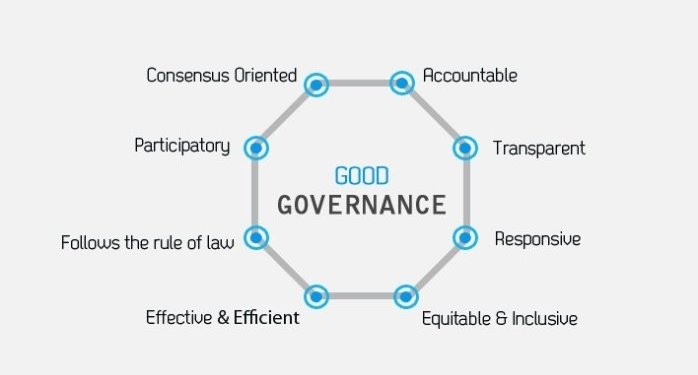Examining the Potential of Blockchain Technology to Mitigate Electoral Malpractices in Nigeria's Electoral Process.
With the Nigerian General election fast approaching on the 25th of February 2023, it is worth examining the potential for blockchain technology to address electoral malpractice in Nigeria's democratic process.
Introduction
Nigeria has a long history of electoral malpractice, with issues such as ballot-box snatching, vote buying, vote rigging, and voter intimidation being common occurrences. These issues not only undermine the credibility of elections but also threaten the democratic process itself. However, blockchain technology offers a promising solution to these problems. In this essay, we will explore how blockchain technology can solve electoral malpractice in Nigeria's 2023 election.
Overview of Blockchain Technology
Blockchain technology is a distributed ledger that allows for the creation of a transparent and tamper-proof record of transactions. Each block in the chain contains a cryptographic hash of the previous block, making it difficult to alter or tamper with the information. This distributed nature of blockchain technology means that no central authority controls the data, making it an ideal tool for securing sensitive information.
Eliminating Duplicate Voting
One of the most significant challenges in any election is ensuring that voters can only vote once. In traditional voting systems, there is always a risk that someone could vote multiple times by using different identities. However, with blockchain technology, each vote can be recorded on the ledger, and a person's identity can be verified before their vote is counted. This ensures that only one vote per person is counted and eliminates the risk of duplicate voting.
Eliminating the Need for Intermediaries
Another potential benefit of using blockchain technology in elections is that it eliminates the need for intermediaries. In traditional voting systems, there are often many intermediaries involved in the process, such as polling station staff, electoral officers, and party agents. These intermediaries can be a source of fraud, as they can manipulate the voting process to favour a particular candidate or party. However, with blockchain technology, the voting process can be automated, and the need for intermediaries can be eliminated.
Ensuring Transparency and Auditability
One of the most significant benefits of using blockchain technology in elections is that it provides transparency and auditability. Each vote is recorded on the ledger, and the entire voting process is transparent and open to scrutiny. This ensures that the results of the election are accurate and can be audited if necessary. Additionally, because the ledger is tamper-proof, it is virtually impossible to alter the results of the election.
Increasing Voter Confidence
Electoral malpractice often leads to a lack of trust in the democratic process. When people believe that their votes will not be counted accurately or that the results of the election have been manipulated, they may lose confidence in the democratic process. However, with blockchain technology, the transparency and accuracy of the voting process can be ensured, which may increase voter confidence in the democratic process.
Challenges of Implementing Blockchain Technology in Nigeria's Electoral Process.
While there are many potential benefits of using blockchain technology in Nigeria's electoral process, there are also many challenges that must be overcome. One of the most significant challenges is the lack of technical expertise in Nigeria. Blockchain technology is a relatively new field, and there are few people in Nigeria who have the necessary skills to implement it effectively.
Another challenge is the cost of implementing blockchain technology. The cost of developing and deploying a blockchain-based voting system is likely to be high, and Nigeria may not have the financial resources to fund such a project.
Finally, there is also the challenge of ensuring that the voting system is accessible to all Nigerians. Not everyone has access to the internet or a smartphone, which could limit the effectiveness of a blockchain-based voting system.
Conclusion
In conclusion, blockchain technology offers a promising solution to the issue of electoral malpractice in Nigeria's 2023 election. By eliminating duplicate voting, intermediaries, and ensuring transparency and auditability, blockchain technology
.png)



